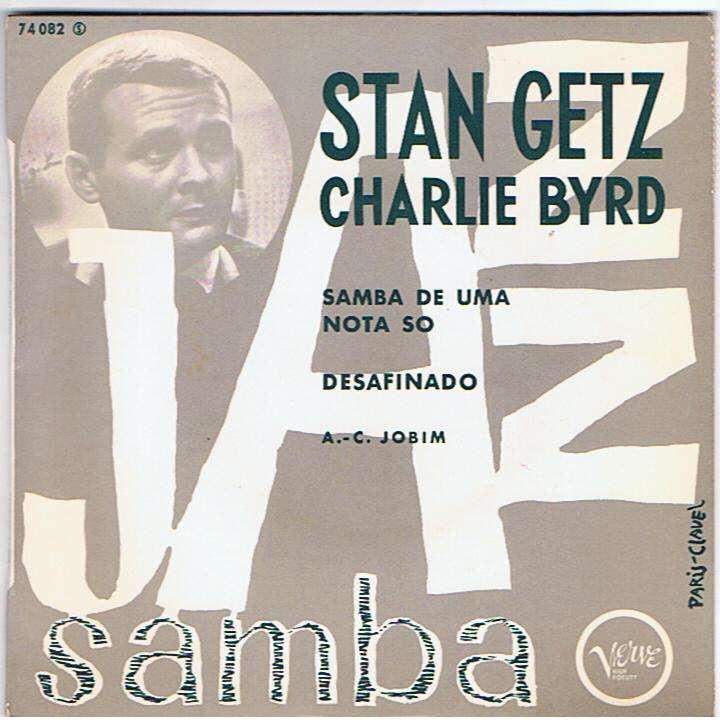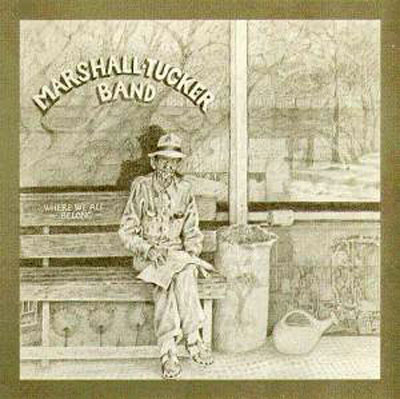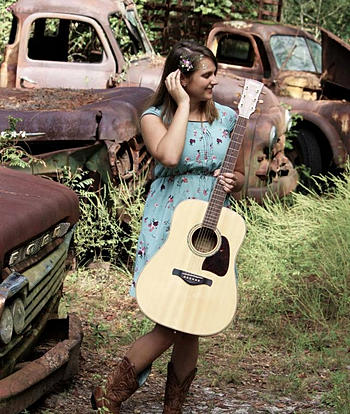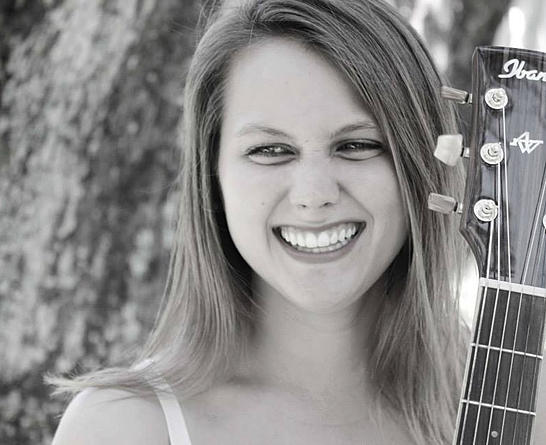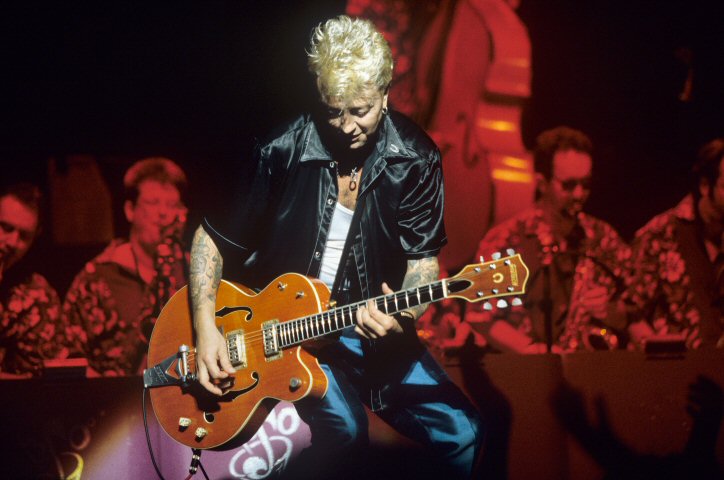
Happy birthday Dr. John! This one is for you!
It was 1973 when Dr. John, the great ambassador of New Orleans funk, released the album In the Right Place. It was produced by Allen Toussaint and vocal backup included The Meters. He had already cornered the market with previous albums that featured voodoo stylings and New Orleans standards, but this was funk!
The album made it to #24 on the album charts and "Right Place, Wrong Time" would reach #9 as a single. It is still in heavy rotation on whatever AOR radio stations that are left.
According to Wiki: "Artists such as Bob Dylan, Bette Midler, and Doug Sahm contributed single lines to the lyrics, which lists several instances of ironic bad luck and failure." True that. This is ironic and iconic bad luck! But who is this guy really?
John "Mac" Rebennack was born in New Orleans on November 21, 1940 and is most widely known as Dr. John. He has also been called Dr. John Creaux and "The Night Tripper" as her refers to himself.
He remains a monster tour player even today. He has been prolific in recording having 118 releases not counting EP's or singles. He would go on to win six Grammy's and was introduced into the Rock and Roll Hall of Fame by John Legend.
Despite all this attention, "Right Place, Wrong Time" has endured as his most popular song. He was quoted in an interview with Dr. John via Songfacts stating this about the song: " That was my life for a long time. At the same time I was in the wrong place at the right time, and the right place in the wrong time, too. That was the problem. We're always shifting those gears."
The "brain salad surgery" line in this song provided the title for the Emerson, Lake & Palmer album which was released later in 1973.
I been in the right place but it must have been the wrong time
I'd have said the right thing but I must have used the wrong line
I been in the right trip but I must have used the wrong car
My head was in a bad place and I'm wondering what it's good for
I been the right place but it must have been the wrong time
My head was in a bad place but I'm having such a good time
The staff at Monahan's Song of the Week wish you a very happy Thanksgiving! Enjoy this song!

